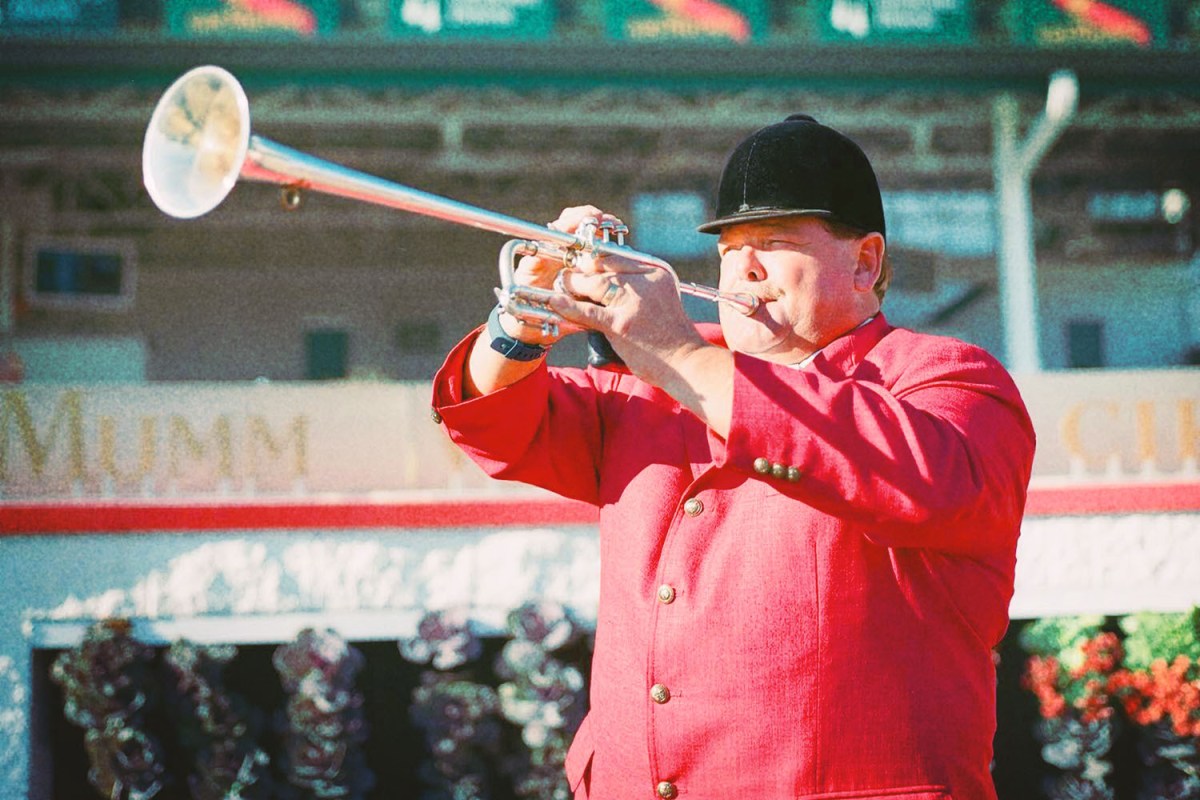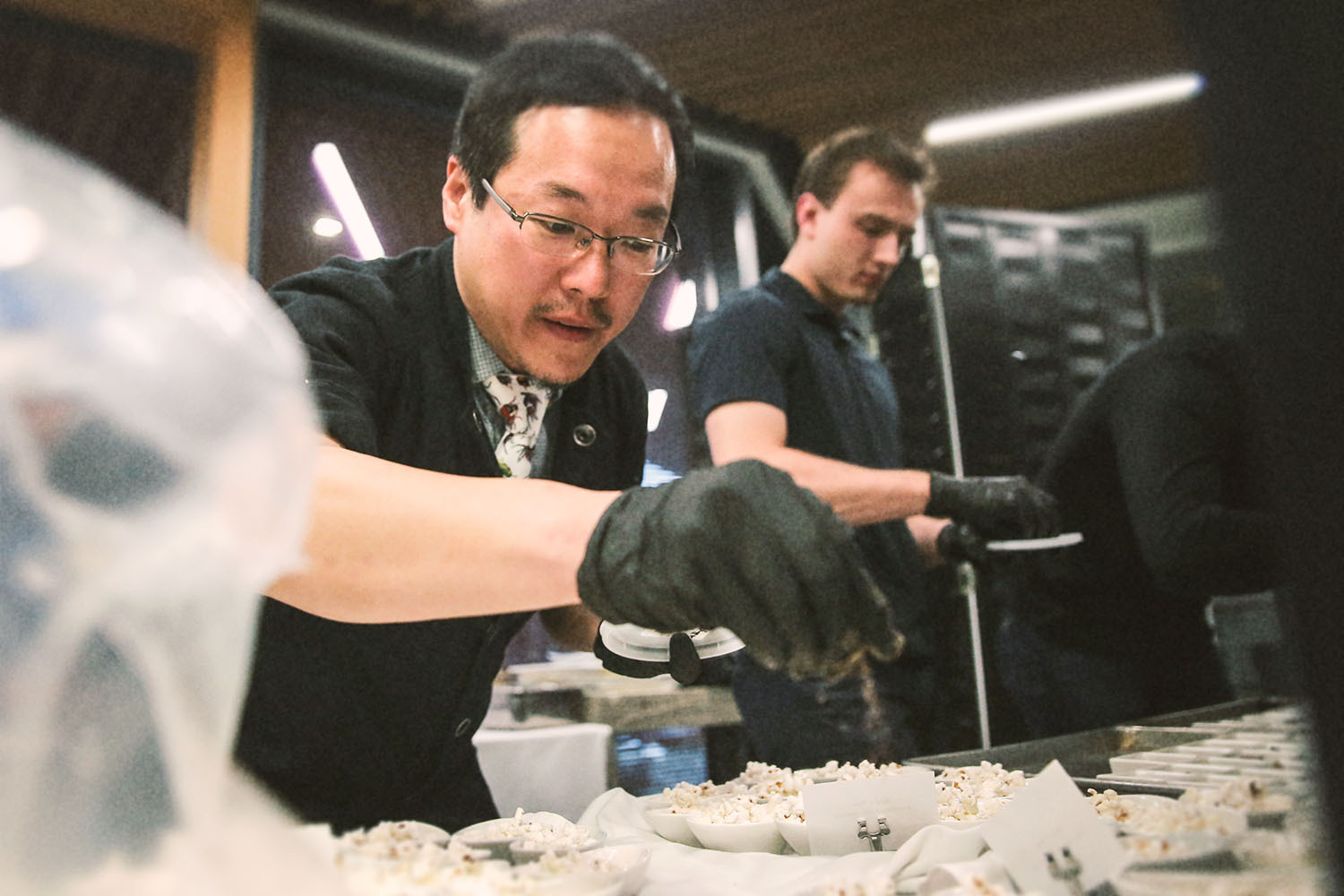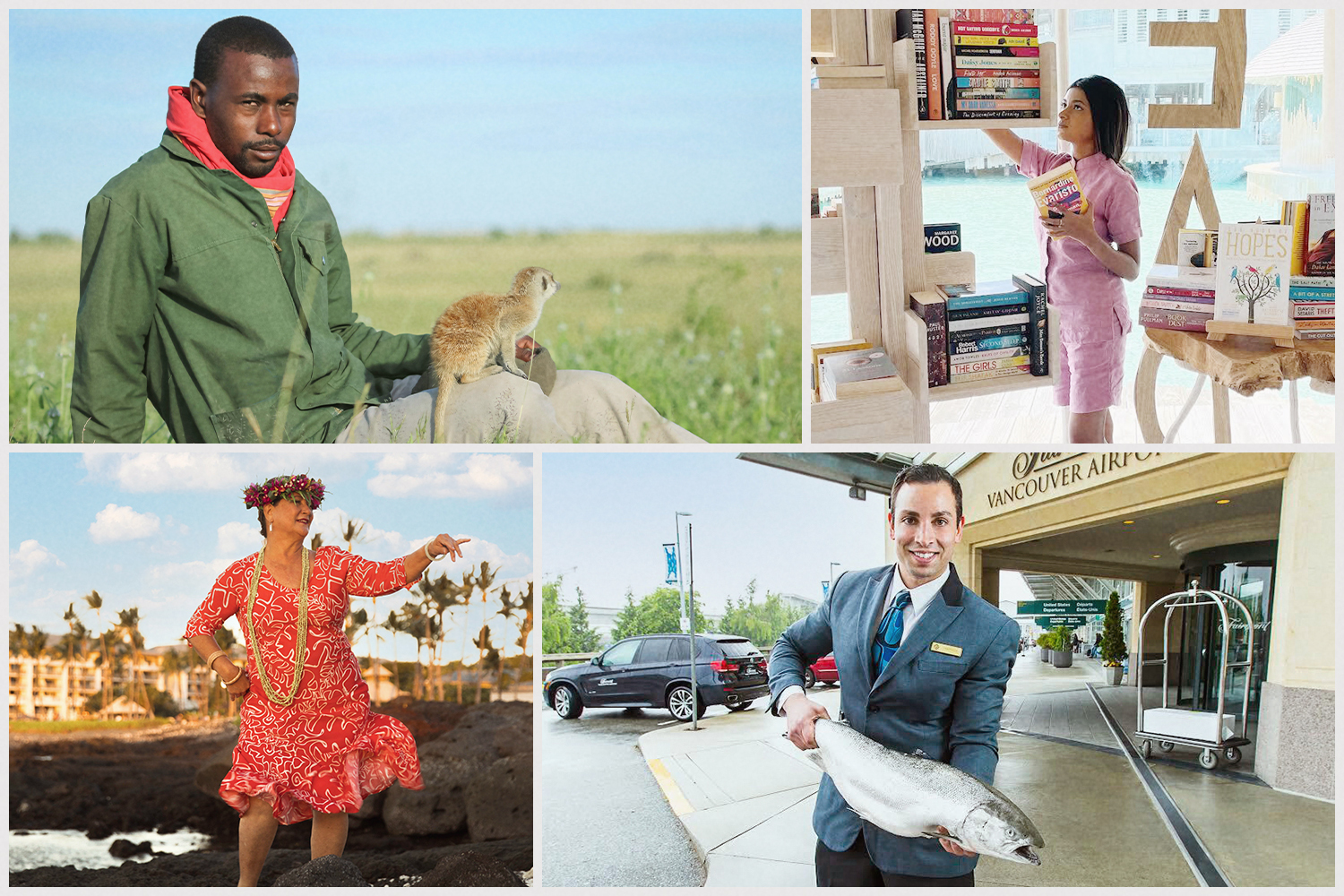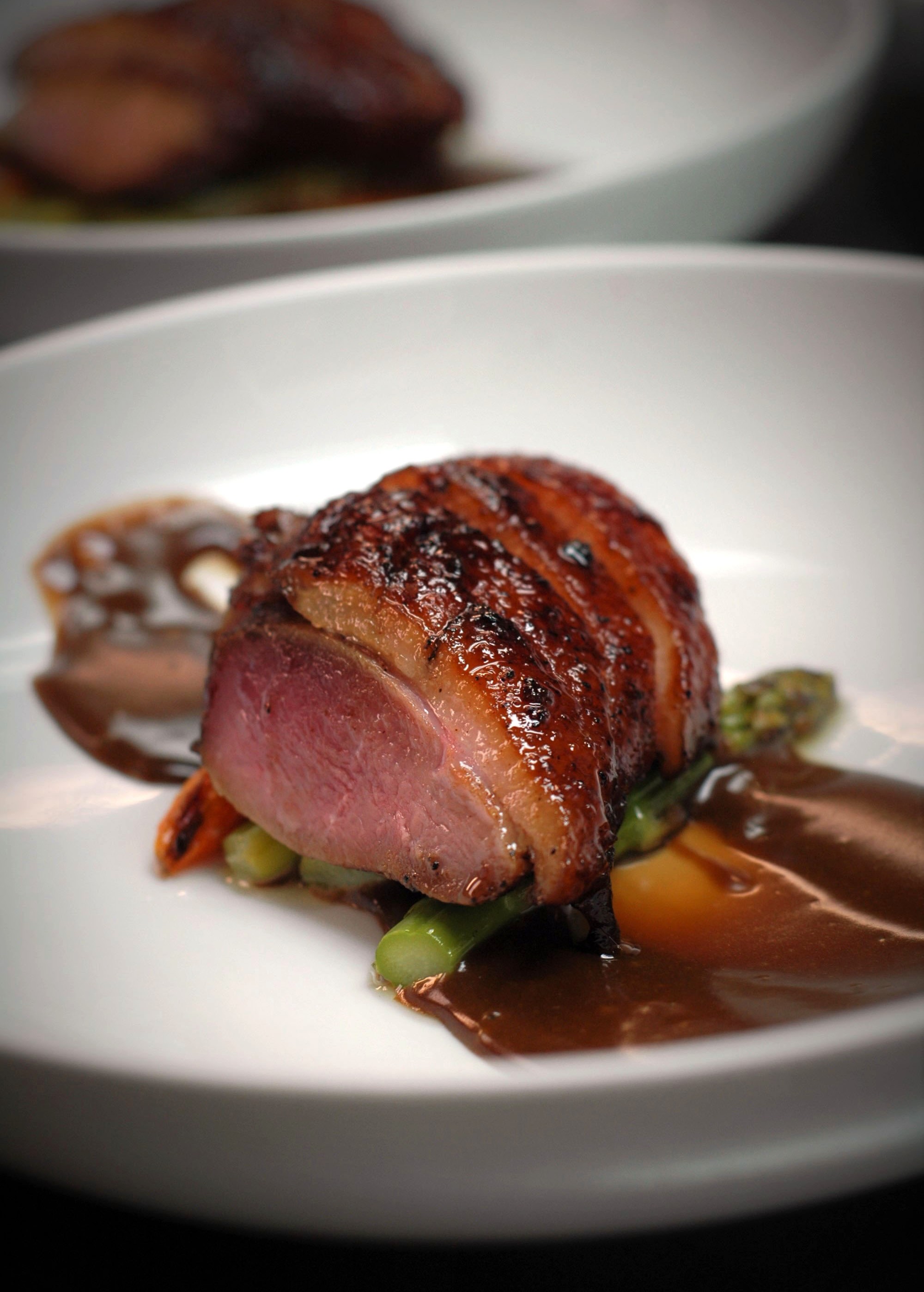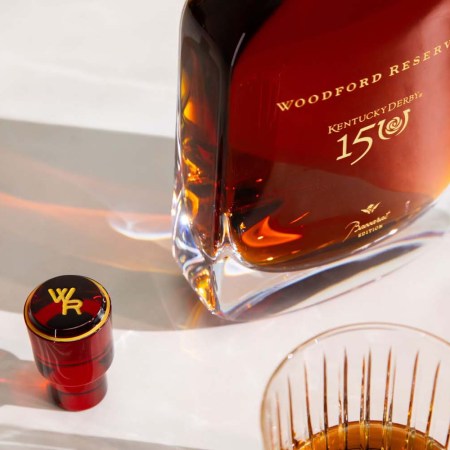With the prep races coming to a close on Saturday, the field is now settled for the 148th Kentucky Derby. Qualifying horses, trainers and racing aficionados will spend the next two weeks making their way to Churchill Downs to prepare for what is widely considered to be “the greatest two minutes in sports.” And for the 27th year running, when the time comes, they’ll look to the Official Bugler of Churchill Downs, Steve Buttleman, to call them to the post.
For the uninitiated, “Call to the Post” is an integral part of the horse racing experience. It serves as a signal — predating the modern PA system — and, even after all this time, manages to incite a frenzy of anticipation as the betting windows close and patrons rush for the best view of the home stretch. It happens anywhere from eight to 12 times every race day, yet the effect is the same every time. I grew up in Saratoga — another famous horse racing town — and, even now, can still hear that 33-note ditty clear as day.
When I speak to Buttleman, he’s on his way to Keeneland — a track in Lexington about an hour from where he lives in Louisville. On April 30th, the Churchill Downs racing season begins and, with it, Buttleman’s daily commute to south Lousville. But even after nearly three decades, the Iowa native is still bewildered by the sequence of events that led to him playing the bugle at the Kentucky Derby (and both the Belmont Stakes and the Preakness Stakes a handful of times, making him the only trumpeter in history to play all three Triple Crown Races).
In 1995, when the position was posted at the School of Music at the University of Louisville, eight trumpeters showed up to the audition…and Buttleman almost wasn’t one of them.
“I almost didn’t go,” he muses. “I was having my wife’s car worked on. I took my trumpet and warmed up outside Midas Muffler as I was getting her car done. I think the audition was at 11:00, and I knew I was going to be late, but I thought, ‘Well, go ahead and do the audition. It’s going to be a really good experience.’ I get to the audition and everyone’s in a coat and tie. Unfortunately, I’m in tennis shoes, cutoffs and a windbreaker, so I thought, ‘I’ll just tell them what was going on and hope for the best.”
“I’m glad I went, obviously,” he adds.
Despite having played “Call to the Post” ahead of each race, on every race day, for nearly three full decades, it’s not a responsibility that Buttleman takes lightly. He still practices the tune every single day.
But that preparation doesn’t prevent Buttleman from getting jittery, particularly on Derby day, despite having a NBC-appointed stage manager coordinating his every move. And who could blame him? Last year’s Derby captured an audience of 14.4 million.
“I still get nervous because, I mean, it’s live — anything can happen. ‘Call to the Post’ is a difficult bugle call to do. It’s a long day too, fatigue can be a factor at 6:30 in the afternoon,” he says. “What I do is, usually about an hour before the Derby, I take a walk up the stretch, I turn around and I see the Twin Spires. Everyone’s having a great time, and I just think, ‘What did I do to deserve to be the guy that gets to do this?’ And then I say, ‘Thank you God, and please help me not screw up.’”
These next few weeks are the busiest of Buttleman’s year but he’s got plenty to keep him occupied throughout the rest of the year. When Buttleman isn’t playing at either Churchill Downs or Keeneland, he can be found playing at the Kentucky Derby Museum, a corporate event or tradeshow, a marathon or even at a wedding reception. He’s played at a handful of NCAA events and championships — usually the national anthem or “My Kentucky Home” — and the World Championship Horse Show at the Kentucky State Fair. Even on the morning of our conversation, he’d just played “Call to the Post” for the kids getting off the bus at a local school during an event with Blessings in a Backpack.
Before I hang up with Buttleman, I ask him if he thinks we’re approaching a time when race tracks will start using recordings instead of live buglers. It’s possible, he says, but he feels strongly that something would be lost.
“I really think having a live bugler there adds another element to the whole experience that you may not get from a recording or even get from watching the races on TV,” he says. “But being there to interact as the bugler…I’m someone that’s accessible to talk to at the track, to hang with or just tell stories with or whatever. I think that’s important. It’s the relationship that makes people want to come back.”
This article appeared in an InsideHook newsletter. Sign up for free to get more on travel, wellness, style, drinking, and culture.
